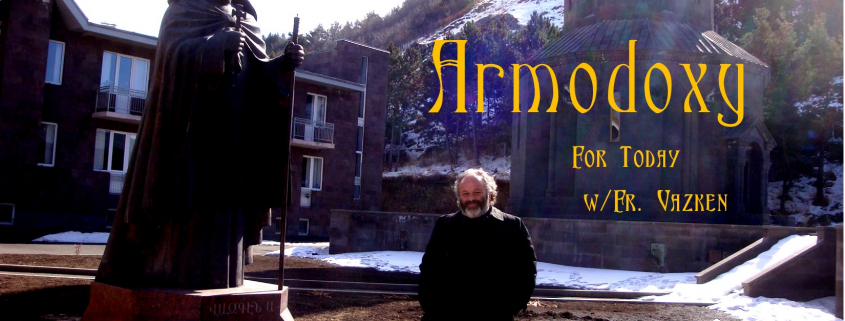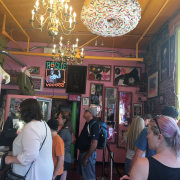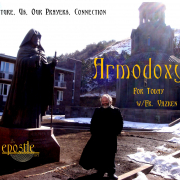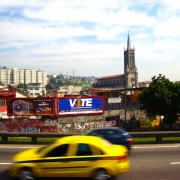Neighborhood
Armodoxy for Today: Neighborhood
In 1988, a major earthquake shook Armenia, centered in the small town of Spitak. Anywhere from 25,000 to 50,000 people perished, the actual number was unavailable, as was most information during the Soviet Union of the time.
The pain and suffering of the survivors were so great that the word “unimaginable” was the literal descriptor of the catastrophe. That day, December 7, a day which was to “live in infamy” was now developing a reputation for a day of mass atrocities.*
Countries, large and small, sent aid to the small republic, Armenia, struggling with limit resources, unable to adequately deal with the magnitude of the devastation made to lives and property. As you might imagine, the first responders were the ones who were the closest to the scene. They came from 50 kilometers away, across the border from Turkey.
Any student of history will tell you that there is no love lost between Armenians and Turks, yet, at that moment of catastrophic devastation, it was the Turks who crossed the border to begin digging and start the search-and-rescue process. In the face of such a huge destruction, I’m sure those first responders didn’t think ethnicity, they didn’t think I’m a Turk and he’s an Armenian. Nor did the traumatized survivors consider from whom and from where the aid was coming. In fact, at that moment of tragedy, everyone is reduced by the greatest common denominator: we are all human.
When Jesus came, he looked at each of us by our common humanity. When St. Paul writes, “There is neither Jew nor Greek, there is neither slave nor free, there is neither male nor female; for you are all one in Christ Jesus” (Galatians 3:28) he is describing the God-view of humanity. We are all his children. And we live in a common neighborhood, namely our world.
The now-forgotten story of the first-responders from across the Turkish-Armenian border is remembered today because it points to something so essential and necessary in our world today, to understand the deep connection we have to one another. And, the only hope we have for a future, our ability to reach out to one another. Tragedies such as earthquakes, hurricanes and especially wars, are reminders for us to look beyond the artificial borders and boundaries we have established and see the face of God (Gen 1:27) in one another.
When Jesus teaches us the story of the “Good Samaritan” in the Gospel of St. Luke (10:25f), he does so as an answer to the question “And who is my neighbor?” Before reviewing his answer, we took a look at the neighborhood in which the neighbors reside. Tomorrow, we will dive into the parable in fresh terms, terms that we hear inside our neighborhood.
We pray today, “Lord our God, Creator of the world and humanity, open my heart and my soul to look beyond my boundaries and my borders, and find You in others. Give me the strength to see the “least of your brothers and sisters” in the hurting of the world, and then give me the courage to act. I ask in the name of our Lord Jesus Christ. Amen.”
* December 7, 1941, was referred to as “a date which will live in infamy” by President Franklin D. Roosevelt, after the Japanese military bombed the U.S. Naval base at Pearl Harbor, Hawaii.

 2009 Fr. Vazken Movsesian
2009 Fr. Vazken Movsesian 2017 Fr. Vazken
2017 Fr. Vazken 2009 Fr. Vazken Movsesian
2009 Fr. Vazken Movsesian 2008 Varoujan Movsesian
2008 Varoujan Movsesian


 2009 Fr. Vazken Movsesian
2009 Fr. Vazken Movsesian
Leave a Reply
Want to join the discussion?Feel free to contribute!